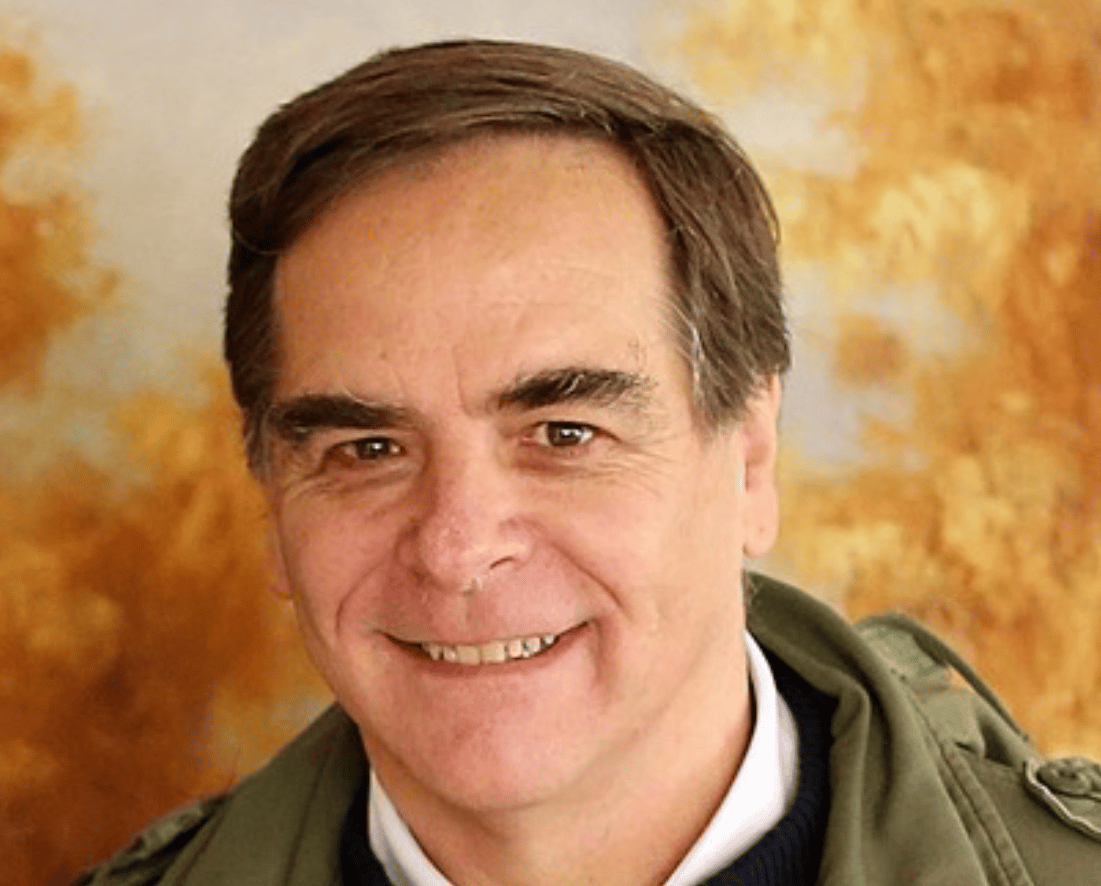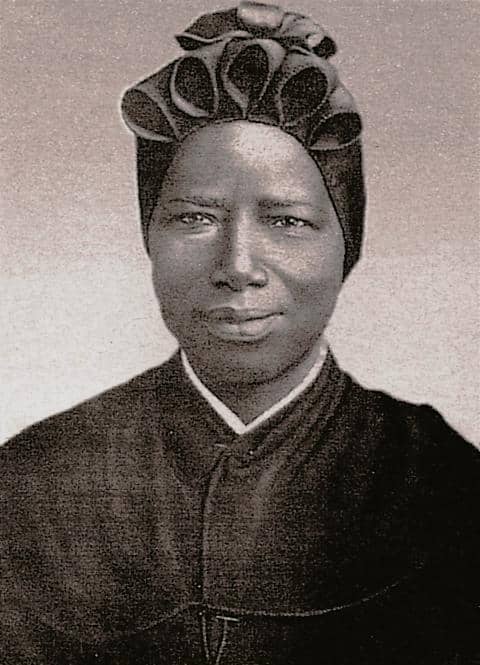ROME – A sprawling set of issues – including the Middle East, Ukraine, the crisis in Venezuela and religious freedom – were discussed by Vatican Secretary of State, Italian Cardinal Pietro Parolin, and the Russian Foreign Minister, Sergei Lavrov, during the second day of the prelate’s August 21-24 visit to Russia.
“In bilateral relations, we shared satisfaction regarding development in several areas including the frequent meetings between high representatives on both sides, cultural exchanges, and the collaboration between medical and scientific institutions,” Parolin said during a press conference that followed his meeting with the Russian minister on August 22.
“In the international sphere, I first of all repeated the hope that just and lasting solutions would be found for the conflicts that trouble the world especially the Middle East, Ukraine and several other regions of the globe,” he added.
Lavrov pointed to the importance of Parolin’s visit to Russia on the 200th anniversary of the opening of the first Muscovite embassy to the Holy See, adding that the two had “had a very good dialogue.”
“On the international agenda, we discussed the issues that are most serious today in various regions, primarily in the Middle East and North Africa,” Lavrov told reporters at the press conference.
After the meeting, the two dignitaries signed an agreement between the Vatican and Russia allowing visa-free travel for holders of diplomatic passports.
However, among the bilateral issues discussed, Parolin pointed to several unresolved issues such as residence and work permits for non-Russian religious personnel and the restitution of various Churches that have been confiscated in the past from the Moscow government, which are necessary in order to minister to the Catholics in the country.
On this note, Parolin added that the papal delegates “found in our interlocutors a lot of attention to the solution of these problems and a will to follow them up.”
“We really wish to bring our relations to a new level from now on,” Lavrov said.
Middle East and Africa
Parolin and Lavrov both stated that the Vatican and the Russian Federation share common positions when it comes to the conflicts taking place in various areas of the Middle East and Africa, especially concerning the situation of Christians, though the Vatican prelate added that the two have “different approaches.”
“On this point, the Holy See has the constant concern that religious freedom be preserved in any state and political situation,” Parolin stated.
In the Middle East, Lavrov agreed that “we need to promote dialogue and at the same time fight terrorists and extremists, and we need to create the conditions for a political settlement that would serve the interest of all the major ethnic and religious groups in different countries.”
Particularly on Syria, Lavrov thanked the Vatican and the Astana Process – a series of talks among the major interlocutors of the conflict that, according to UN’s envoy to Syria, is making “clear progress” in reducing bloodshed – for their support.
The Russian foreign minister said that this type of conflict resolution must be pursued also in Libya, Yemen and Iraq, where the processes related to the restoration of state structures continue.
Russia and the Vatican “also agree that the Israeli-Palestinian talks should resume in order to achieve a settlement,” Lavrov said.
Ukraine
The issue of the conflict in Ukraine came up on several occasions during the press conference. Parolin stated that on this issue, as well as on that of the situation in the Middle East, the Vatican cannot and should not comment at a political level while being more “directly active in the effort to promote initiatives aimed at relieving the suffering of the populations.”
Yet the Vatican’s number two stated that the Holy See continues to call on the international community “to have the common good prevail and especially justice, legality, the truthfulness of facts and the abstention from their manipulation, the dignity and respectful life conditions of the civil populace.”
Lavrov thanked the Vatican not only for its moral support during the Minsk settlement process, which agreed to a cease-fire among conflicting parties, but also for its practical help in offering significant humanitarian aid to Ukraine, including in Donetsk and Luhansk, the easternmost cities of Ukraine under pro-Russian rebel control.
“Today, we also talked about the need to overcome confrontational approaches to the Ukrainian crisis, to search for solutions that would fully implement the Minsk ‘set of measures.’ We appreciate the Vatican’s position on the inadmissibility of using the religious factor in Ukraine in order to achieve political advantages,” Lavrov said.
Venezuela
Conflict in Venezuela is a recurring issue for the Vatican’s Secretary of State, who on many occasions has called on the international communities and local government to search for a peaceful settlement.
Parolin took the opportunity of his meeting with the Russian foreign minister to reiterate his message of peace and reconciliation in Venezuela, which has been torn by violence since the opposition took control of the legislature in 2015.
“I think that Russia can help because it traditionally has ties with Venezuela. I think it can help in facilitating negotiation and talks that are the only road that the Holy See can see in order to exit this crisis,” Parolin said answering questions by reporters.
Lavrov stated that the Russian federation has “supported the initiative of the Holy See from the very beginning,” and stressed the importance that all external players encourage opposing sides in Venezuela “to achieve national consensus, (and) develop compromises that will allow their country to develop peacefully taking into account the interests of all sectors of society and political forces.
“External players who set up the opposition for a tough confrontation with the authorities, including though forceful methods, undermine the efforts of those who are genuinely interested in restoring peace, tranquility and stability in Venezuela,” he added.
On July 10 Russian President Vladimir Putin, who Parolin will meet on Wednesday, personally called the Venezuelan dictator Nicholas Maduro. According to a statement released by the Kremlin, the leaders exchanged views about bilateral cooperation and Maduro spoke about his government’s efforts to normalize the political situation in the country.
According to Venezuela’s Communications Ministry, Putin expressed “satisfaction with the progress in bilateral cooperation” including a joint venture for a “bus assembly company” in the South American nation.
During the opening statements of the confidential meeting between Parolin and Lavrov, the Russian foreign minister expressed his satisfaction with the fact that relations between the two countries were “moving upward,” and spoke of the closeness that the two share on many current issues. He also said that along with intergovernmental relations, it is very important that the dialogue between the Russian Orthodox Church and the Vatican continue.
Parolin was also scheduled to meet with Orthodox Patriarch Kirill of Moscow later on August 22.














